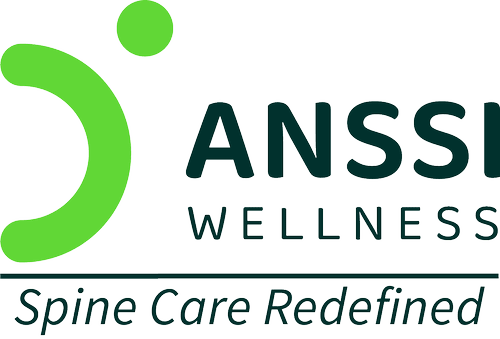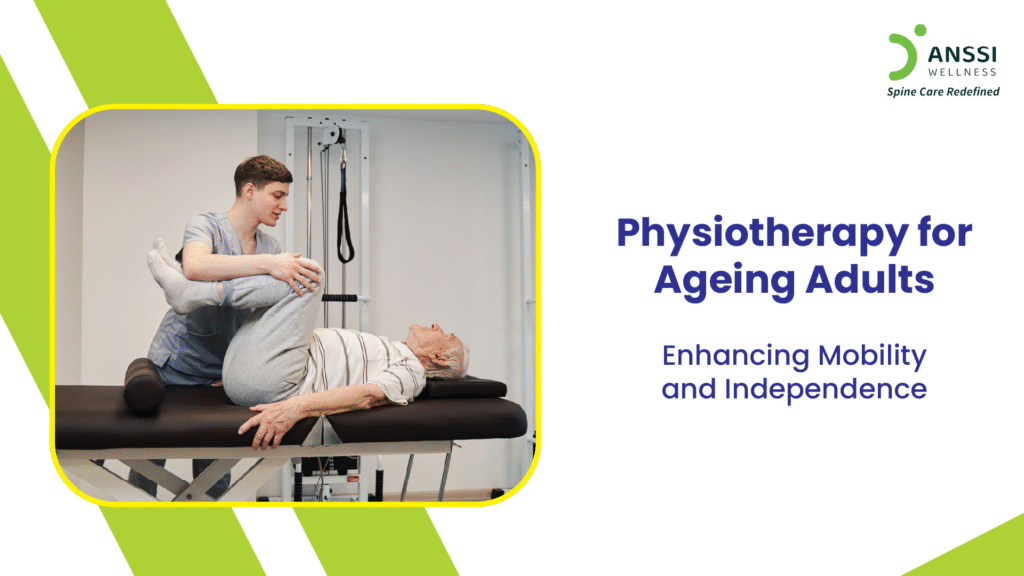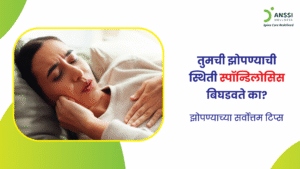Ageing is a natural process that brings changes to our muscles, joints, and overall physical capabilities. With time, flexibility decreases, balance becomes more challenging, and daily activities can feel more demanding. However, growing older doesn’t have to mean giving up independence.
Physiotherapy plays a vital role in helping ageing adults maintain mobility, strength, and confidence. Through personalised exercises and guided care, physiotherapy supports seniors in living active, pain-free, and fulfilling lives.
Understanding the Challenges of Ageing
As we age, our bodies undergo several physical transformations. Muscle mass tends to decrease, bones lose density, and joints may stiffen due to reduced cartilage. These changes can lead to slower reflexes, difficulty with balance, and an increased risk of falls or injuries.
Age-related conditions such as arthritis and osteoporosis further facilitate mobility issues.
- Arthritis causes inflammation and stiffness in the joints, making simple movements like walking or climbing stairs painful.
- Osteoporosis weakens bones, increasing the chance of fractures, especially after minor falls.
Many seniors also experience postural imbalances due to prolonged sitting, lack of exercise, or spinal degeneration. Without intervention, these problems can limit independence and affect mental well-being.
The good news is that physiotherapy offers safe, proven methods to manage these challenges effectively.
How Physiotherapy Helps Ageing Adults
Physiotherapy focuses on restoring movement and improving physical function. For ageing adults, it’s not just about treatment, it’s about preserving independence and preventing further decline.
A physiotherapist assesses each individual’s needs and creates a tailored exercise plan. This plan may include stretching, strengthening, and balance training.
The exercises are designed to:
- Increase muscle strength to support joints and bones.
- Improve flexibility for easier movement.
- Enhance coordination and balance to prevent falls.
- Boost endurance to manage daily activities without fatigue.
Physiotherapy also encourages proper posture and teaches safe movement patterns to protect the spine and joints. Over time, these exercises improve blood circulation, reduce stiffness, and restore confidence in mobility.
Managing Chronic Conditions with Physiotherapy
Consistent physiotherapy care keeps the body flexible and resilient.
Arthritis Care
For seniors with arthritis, physiotherapy provides relief through gentle movements that reduce joint stiffness and inflammation. Strengthening surrounding muscles helps take pressure off the affected joints. Techniques like hydrotherapy (exercise in warm water) and manual therapy can ease pain and improve function.
Osteoporosis Management
Physiotherapy for osteoporosis focuses on weight-bearing exercises such as walking or light resistance training, which strengthen bones and improve bone density. Balance training reduces the likelihood of falls, while education on posture and body mechanics helps protect fragile bones from injury.
Post-Surgery Rehabilitation
After joint replacement or spinal surgery, physiotherapy is essential for safe recovery. It restores strength, improves joint movement, and builds the confidence to resume daily activities.
Therapists guide patients step-by-step, ensuring that they regain mobility safely and effectively.
Pain and Stiffness Relief
Physiotherapists may use techniques like ultrasound therapy, heat therapy, or gentle massage to improve circulation and relieve muscle tension. These non-invasive treatments help manage chronic pain without medication or side effects.
Reducing Fall Risk Through Physiotherapy
Falls are a major concern among ageing adults, often leading to serious injuries or hospitalisations. Physiotherapy helps address this risk by improving balance, gait, and muscle control.
- Balance training exercises, such as standing on one leg, heel-to-toe walking, or stability ball workouts, train the body to respond better to sudden movements. Gait training focuses on correcting walking patterns to improve stability and coordination.
- Physiotherapists also educate seniors on using assistive devices such as walkers or canes correctly. This guidance ensures proper posture and prevents dependence or misuse. With regular sessions, seniors develop better body awareness and confidence, significantly lowering their risk of falls.
Holistic Benefits Beyond Mobility
Physiotherapy is not just physical; it enhances mental and emotional well-being too.
- Regular physical activity releases endorphins, the body’s natural “feel-good” hormones, which reduce stress and anxiety.
- The social aspect of physiotherapy sessions, engaging with therapists or group classes, also helps combat loneliness and isolation, which are common in many older adults.
- Physiotherapy helps seniors to take charge of their health. When movement becomes easier, they can enjoy hobbies, interact with family, and live life with renewed enthusiasm. The resulting boost in self-esteem and independence has a profound positive impact on quality of life.
Incorporating Physiotherapy into Daily Life
The effectiveness of physiotherapy increases when integrated into daily routines. Simple habits such as stretching every morning, walking regularly, or performing prescribed home exercises make a big difference.
Even small lifestyle changes, like choosing supportive footwear, maintaining hydration, and eating a balanced diet rich in calcium and vitamin D, support long-term spine and joint health. Regular check-ins with a physiotherapist ensure that exercises remain safe and effective as needs evolve.
About ANSSI:
ANSSI Wellness focuses on improving the quality of life for patients suffering from spinal issues, aiming to provide relief where other conventional treatments have failed. Through advanced Non-Surgical Spinal Decompression Treatment and Physiotherapy, ANSSI is committed to helping patients avoid surgery and recover in a safe, effective, and compassionate environment.
Connect with ANSSI Wellness on LinkedIn, Instagram, and Facebook for expert guidance.




